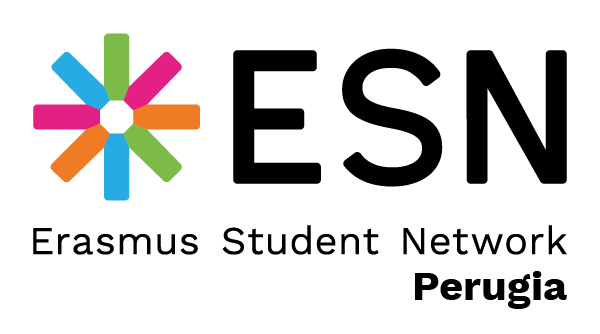International Mother Language Day is celebrated every year on 21 February to remind us of the importance of maintaining our roots and our origin and culture through our language.
It was established by the United Nations in 1999 with the aim of promoting linguistic diversity, now more than ever threatened by globalisation. As an association that promotes exchanges between young people of different languages and cultures, we know how important it is to have a common language in order to be able to integrate those who come from countries with traditions and customs different from our own, but this does not mean losing our origins and, consequently, the diversity of peoples, ethnic groups or nations also characterised by languages that fully represent their cultural characteristics.
The statistics speak for themselves: every fortnight a language disappears and at least 43% of the approximately 6000 languages spoken in the world are endangered. We therefore urge everyone not to lose and, above all, to make known their language of origin, which must also play a role of emancipation and non-homologisation because the exchange between ideas and people takes place precisely when we are all different and each can learn something from the other.
